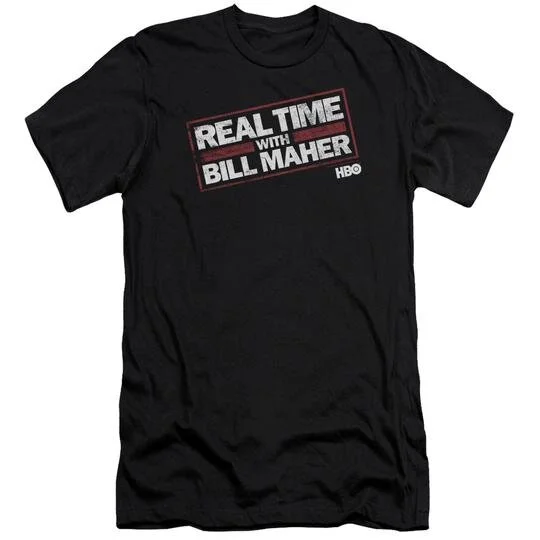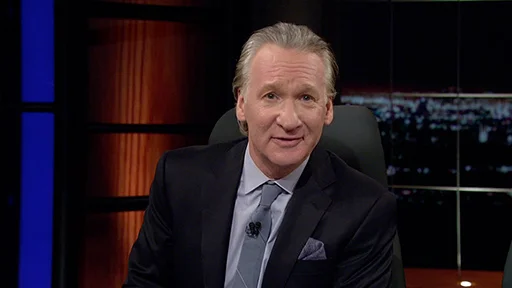Net Zeros
/By Bill Maher
A new study says that, when it comes to digital downloads, America is not so exceptional. The U.S. ranks 34th in the world in average download speeds, behind countries like Estonia, Hungary, Slovakia and Bulgaria. Our upload speeds are even worse for some reason - we rank 43rd behind Romania, Belarus, and Tajikistan. Makes you wonder why Al Gore invented the Internet, along with global warming, in the first place.
It seems that the 1996 Telecommunications Act - meant to foster competition in the marketplace and better service for consumers - has backfired. The major telecommunication conglomerates - Time Warner, Comcast, AT&T and Verizon - have sliced up the pie between themselves, creating a system of zero competition and zero infrastructure investment because profit and stockholder dividends are more important. That the new head of the FCC, Tom Wheeler, is a former lobbyist for cell phone operators and cable companies probably isn't helping much either.
As Susan Crawford - President Obama's former special assistant on science, technology and innovation policy - told the BBC:
"We deregulated high-speed internet access 10 years ago and since then we've seen enormous consolidation and monopolies, so left to their own devices, companies that supply internet access will charge high prices, because they face neither competition nor oversight."
Economists must tell me why when five Italian families divvy up New York City into tiny monopolies it's called organized crime, but when the same thing essentially happens in the telecommunications, entertainment, banking, air travel and supermarket industries, it's called deregulation.
We Americans think we have so much choice, but not really.
There are dozens and dozens of smart phones, tablets and computers to choose from, but only four major telecommunications companies. We can get 10 different HBO channels, but only from Time Warner, Comcast, AT&T, or whatever cable company has a stranglehold on your hometown. We have cable TV packages with hundreds of channels of TV shows and movies and yet only five or six major entertainment conglomerates. We have countless cable news channels and websites but only so many major media outlets. Americans have their choice of hundreds of different types of credit cards and banking services, but only handful of major banks to choose from. In the U.S. there are 86 airports that service 1,000,000 passengers per year and 25 that carry over 10,000,000, but there are basically three major airlines and few discount airlines.

